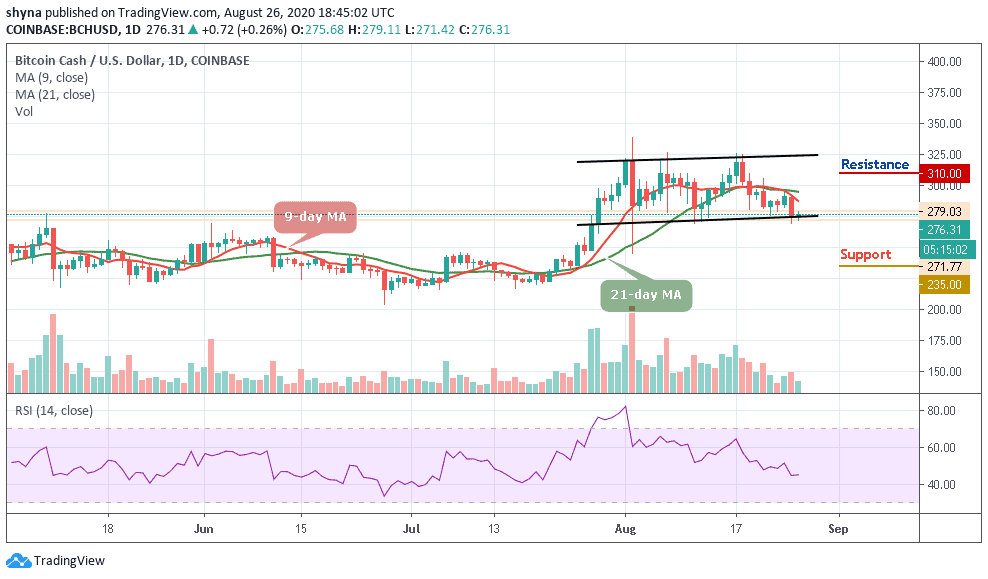Join Our Telegram channel to stay up to date on breaking news coverage
Editor’s note: This article was updated after publication to provide additional details regarding the anti-trust probe into Alipay and WeChat Pay.
Ant Group, the financial services subsidiary of Chinese multinational conglomerate Alibaba Group, is gearing up for the largest Initial Public Offering (IPO) in history. Speaking with finance news source Bloomberg earlier this week, company insiders have confirmed that the company plans to go public and is seeking a $226 billion valuation.
The World’s Largest Public Offering
Bloomberg confirmed that Ant Group’s IPO could best that of Saudi Arabia’s state-owned oil company Saudi Aramco — which raised $29.4 billion in its public offering last year. The Chinese financial services company is looking to raise about $30 billion from this offering, in a move that would see it eclipse the market capitalization of companies like Bank of America and Japanese investment conglomerate SoftBank.
The news source added that Ant Group would most likely list on several exchanges. The company has reportedly tapped companies like JPMorgan, the China International Capital Corporation, Citigroup, and Morgan Stanley to lead its offering at the Hong Kong Stock Exchange. It has also selected the China International Capital Corp. and CSC Financial in Shanghai to help it raise 48 billion yuan ($7 billion).
As for the company’s plans after raising such a staggering sum, Bloomberg noted that the Ant Group plans to expand its cross-border payment capabilities and improve its research and development arm.
Alipay Could be in Trouble with the Chinese Government
Ant Group is the Alibaba subsidiary that oversees Alipay, China’s largest payment processing company. While the subsidiary has several profitable ventures, Alipay is arguably its golden goose.
As of June 2019, the payment processor had racked up over 1.2 billion users worldwide. Its influence over digital payments in the country has been absolute, with only WeChat Pay — a payment processor owned by Tencent Holdings — remaining as its only rival in the country.
However, the prominence of Alipay and WeChat Pay seems to be attracting some concerns. Reuters reported that the Peoples’ Bank of China had recommended that China’s State Council’s antitrust committee plans to launch an antitrust probe into both companies, but reports from local Chinese media outlet 21st Business Herald, seems to suggest otherwise.
According to Reuters, China’s mobile banking sector had processed about $8 trillion in transactions over the last financial quarter of 2019. From these numbers, Alipay and WeChat Pay held 55 and 39 percent of the country’s mobile payment sector, respectively.
That same week, the Financial Times reported that the Chinese government planned to use its upcoming digital yuan to curtail Alipay and WeChat Pay’s dominance over its mobile payments sector.
Citing officials familiar with the People’s Bank, the news source explained that the Chinese government would use the digital yuan as a direct competitor to both payment processors, stepping in to do something that no private institution can pull off.
With the digital yuan, commercial banks would be able to process transactions at a similar pace as the two payment processors. Their services could also come significantly cheaper than those of the companies.
The head of Asian economic research at a multinational bank told the Financial Times that Zhou Xiaochuan, the former Governor of the Peoples’ Bank, had watched as Alipay and WeChat Pay became “monsters.” This was despite concerns from banks and the China Banking Regulatory Commission. Now that the companies have grown so big, the government had taken it upon itself to crack down on them.
Read more:
Join Our Telegram channel to stay up to date on breaking news coverage


